More than 70 large and medium-sized hydropower plants have been built and are under construction in Kardze (Ch: Ganzi) Tibetan Autonomous Prefecture, Sichuan Province, reported the official Sichuan Daily on 25 September. The spurt in dam building…


More than 70 large and medium-sized hydropower plants have been built and are under construction in Kardze (Ch: Ganzi) Tibetan Autonomous Prefecture, Sichuan Province, reported the official Sichuan Daily on 25 September. The spurt in dam building…
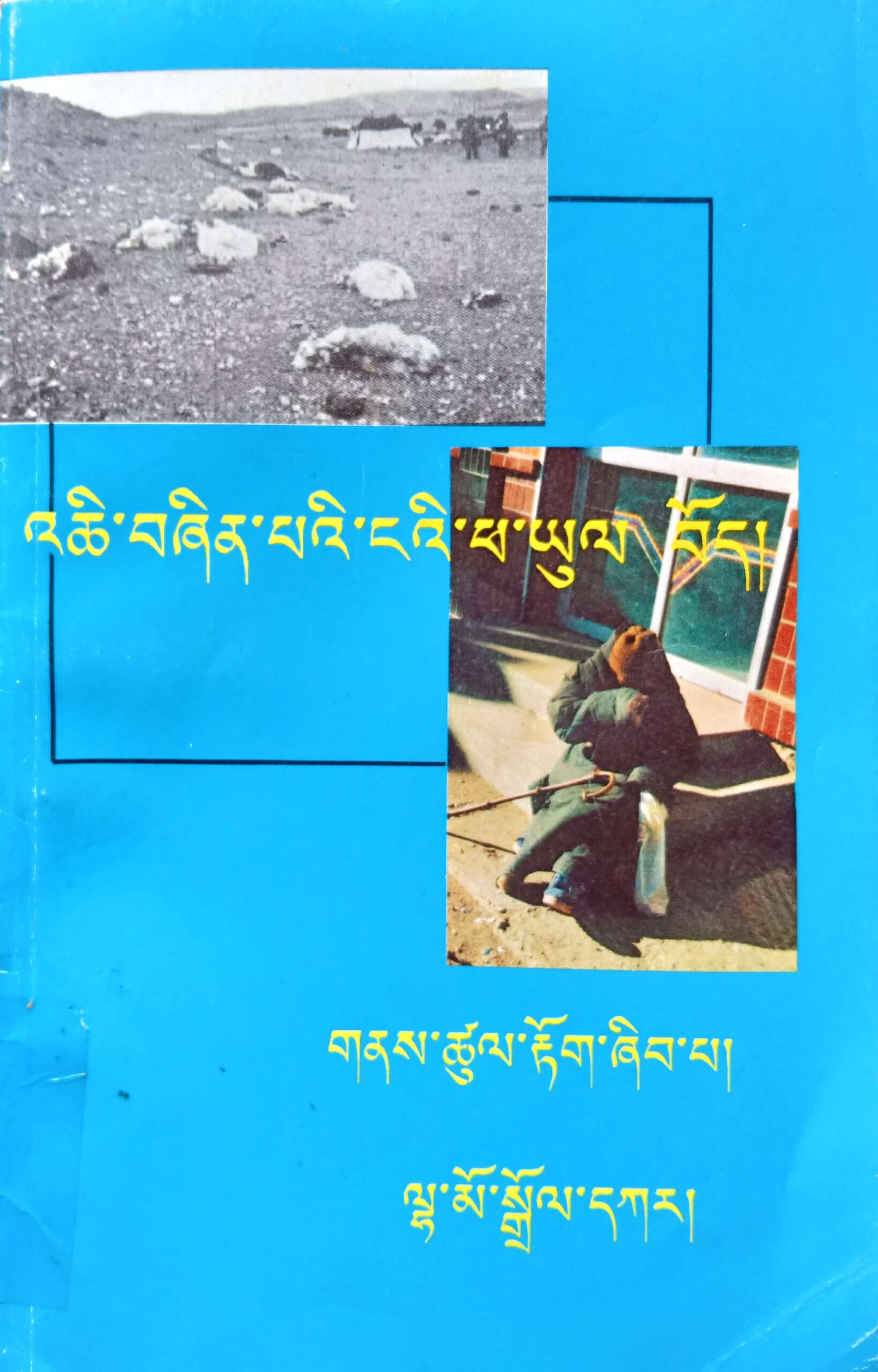
Gold mining activities with little to no regulatory oversight for decades have caused irreversible environmental damage and poisoning of drinking water sources with cyanide, arsenic, mercury and lead in Tibetan areas in Machu…
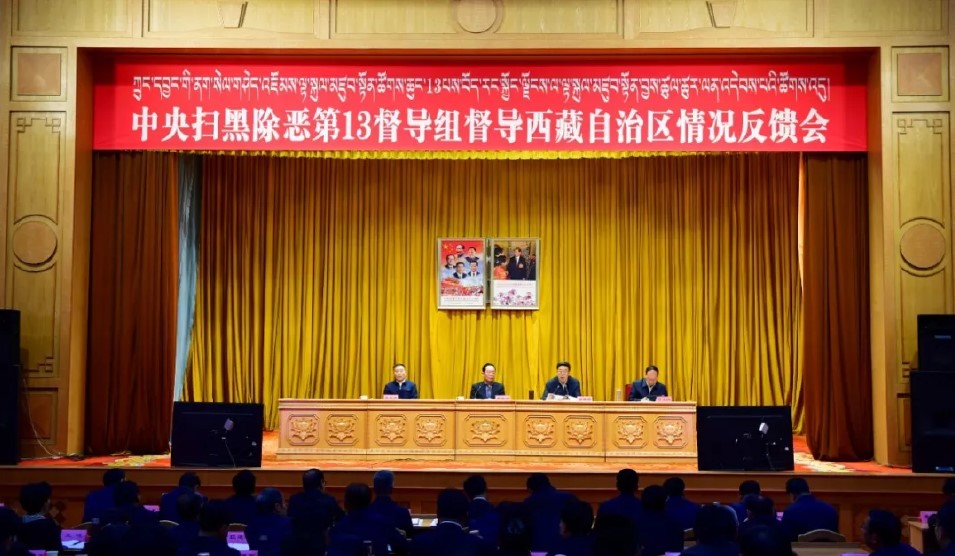
At the meeting to review the findings of the inspection tour to assess the effectiveness of the ongoing special struggle against ‘black and evil’ forces in Tibet Autonomous Region (TAR) on 6 July…
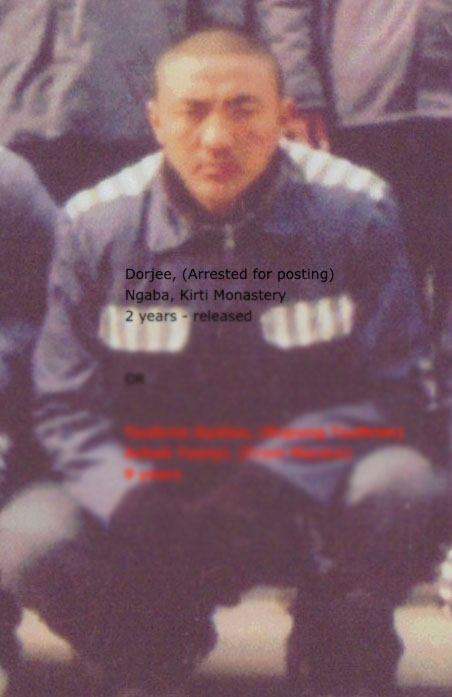
Chinese authorities have sentenced a Tibetan monk to three years’ imprisonment on the suspected charge of disclosing state secrets in Ngaba (Ch: Aba) County in Ngaba Tibetan and Qiang Autonomous Prefecture, Sichuan Province,…

Chinese authorities in Qinghai Province have issued an urgent notice that calls for increased monitoring and management of online chat groups and individual users “at all times and in all places”, according to…

The August 2019 publication of Monthly Translation and Analyses Digest includes the following articles: China to intensify ‘struggles against Dalai Clique and evil forces’ in Tibet Autonomous Region “Reincarnation not a matter of…
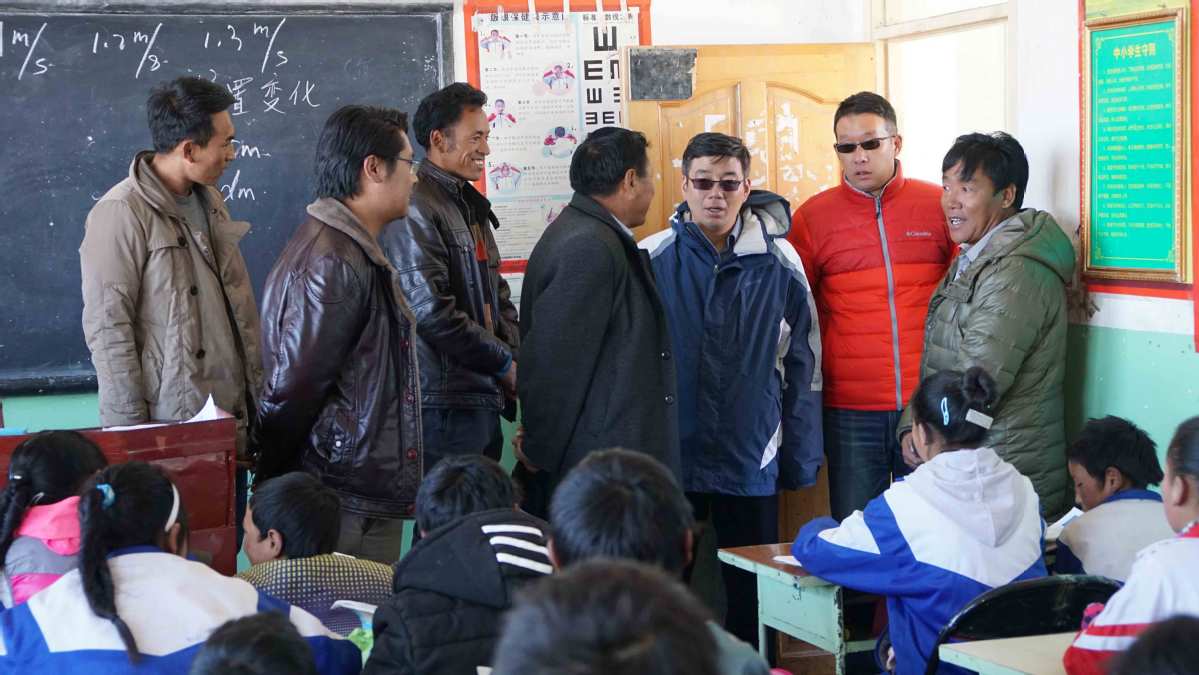
Coinciding with the opening of the new school semester this month, there is a noticeable surge in official media reports extolling the virtues of the ‘Group Form’ education aid program and highlighting stories…
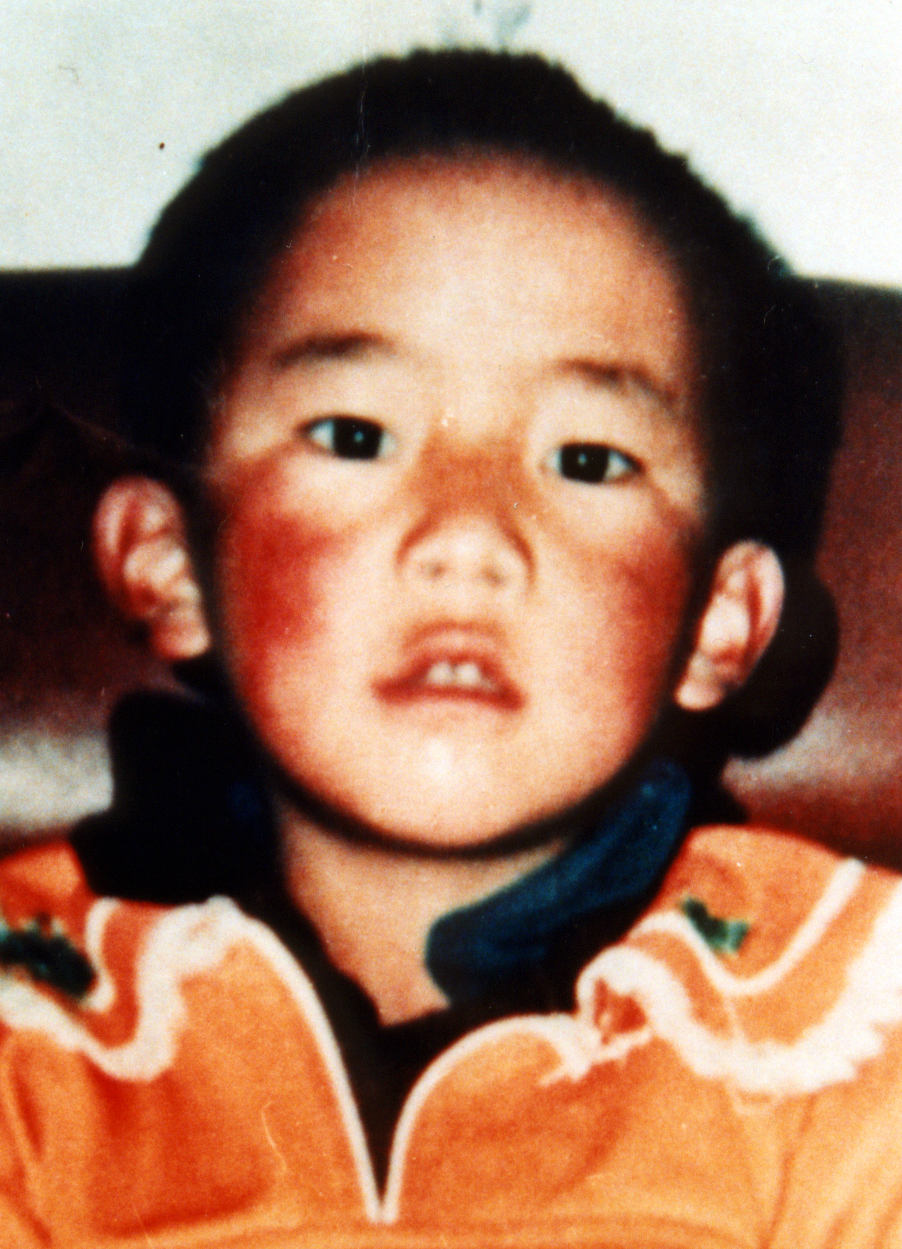

Gyaincain Norbu (Gyaltsen Norbu), the 11th Panchen Lama appointed by Chinese authorities to nullify the Dalai Lama’s selection has been appointed president of the regional branch of Buddhist Association of China (BAC) in Tibet Autonomous Region (TAR).
On 22 June this year, Wu Yingjie, the Chinese Communist Party Secretary of TAR met with the newly elected members of the BAC’s TAR branch, a party controlled supervisory organ on Buddhism in People’s Republic of China.


In May this year, the Nangchen County People’s Court sentenced the 21 Tibetans in two groups. The first group of 11 Tibetans from Do Thrang village in Shordha town were sentenced to prison terms ranging from two to six years and monetary fines from 10000 to 50000 yuan.
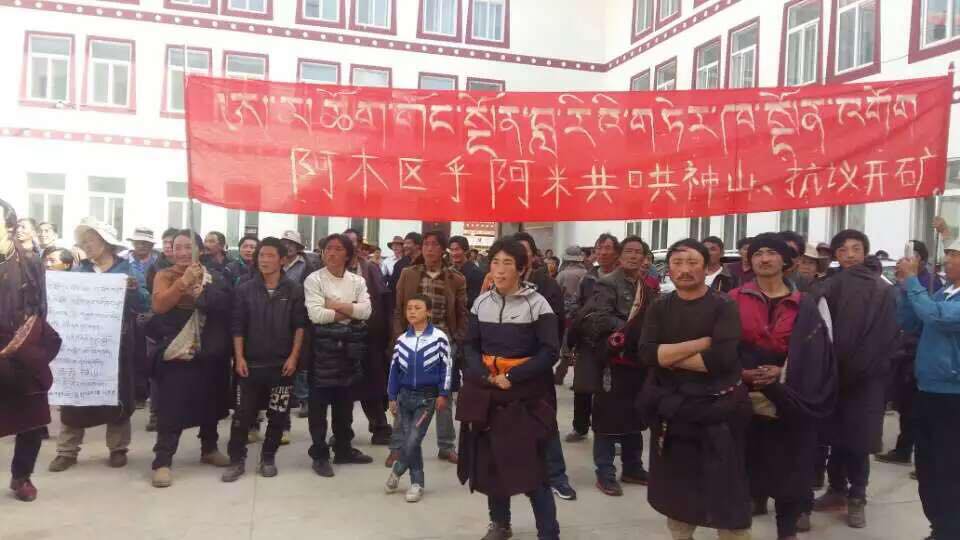

Last month, Chinese authorities announced the acceleration of the ‘pairing assistance’ program as part its overall goal to end poverty in Ba (Ch: Tongde) County (also called Ba Dzong in common Tibetan parlance) in Tsolho (Ch: Hainan) Tibetan Autonomous Prefecture, Qinghai Province, in the Tibetan province of Amdo. The ‘pairing assistance’ program is a nation-wide initiative of dispatching party members and local cadres to gather information on rural residents and adopt preventative measures to combat sensitive political issues from gaining traction among the masses.
The program is, for all practical purposes, a means to monitor and control the thoughts and activities of local Tibetans in the name of poverty alleviation. It requires party members and cadres to stay at the homes of local Tibetan nomads and farmers for weeks conducting political education sessions and gathering sensitive information. It has existed since 2012 alongside a host of other so-called ecological and poverty alleviation programs that are designed to facilitate mass surveillance and thought control.

The May 2019 publication of Monthly Translation and Analyses Digest includes the following articles: China increases party presence in harvesting areas in Chamdo ‘Four Loves’ propaganda campaign incorporated into state education institutions Party-building…